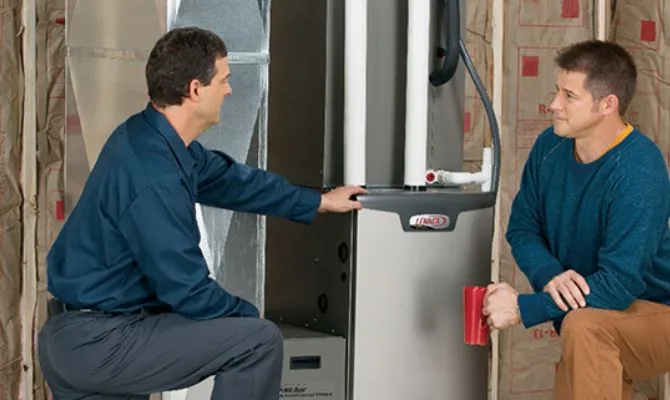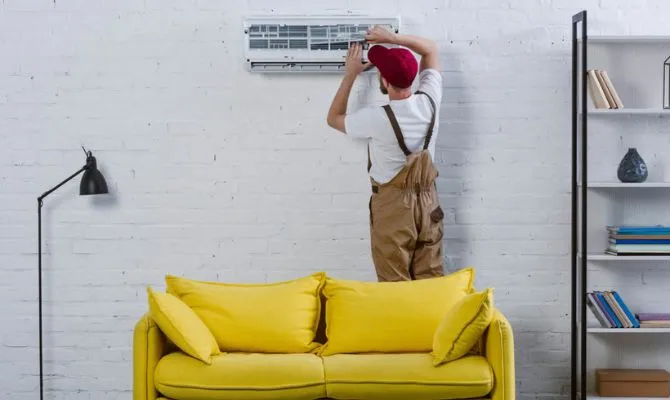If you’re building a new home or renovating an old one, you are probably considering how to heat the interior. Today, there are more choices than ever before, and you want to ensure that you select the system that best suits your needs.
As you look through the available literature and ponder the best solution, you’ll want to keep three things in mind:
YOUR BUDGET
No matter which type of system you choose, there will be a variety of units available at a range of price points. Luckily, systems today are customizable and can be adjusted to suit your financial needs.
YOUR EXPECTATIONS
With the chill of a Canadian winter, you’ll want to be sure you have a system that meets your needs for warmth, while providing efficiency and/or fewer pollutants, depending on your needs.
YOUR HOME
Think about where the system will be going. Do you have an old home with space limitations or starting from scratch? An installation expert can help you determine whether certain parameters will come into play as you choose your system.
Now, let’s take a look at the three major types of systems: boilers, furnaces and heat pumps.
Benefits of a Boiler
A boiler takes an energy source, whether natural gas, electricity, oil or an alternative fuel and uses it to provide hot water or steam to heat your home through radiators or in-floor heat loops located throughout the building. Your home is heated by radiant heat.
Boilers provide very clean heat, since it doesn’t send particles into the air or require filter changes. They are versatile, offering standard or baseboard radiators or in-floor heating. A boiler can often double as the hot water heater for your home. Today’s radiators are silent, unless there is a problem with lime buildup or low water flow, and then, they may make themselves known. They are energy efficient, although they initially take more time than other systems to raise the temperature in a room.
Unless you use a passive home design, you’ll require a separate air-conditioning system to cool your home. There is also the danger of frozen pipes and leaks that can cause flooding.
Benefits of a Furnace
A furnace is a mechanical unit that uses the energy source – gas, electricity, etc. – to draw cold air in through vents in the home and passes it through a burner with heating coils to produce hot air that is then circulated throughout the house, distributing the heat through vents in each room. A 2017 Statistics Canada survey showed that 55 per cent of Canadian households heated their homes with forced air furnaces.
Furnace vents and ducts can be used for both heating and cooling systems, and the systems can also be equipped with humidifiers and dehumidifiers and forced air heats rooms quickly. There is no need to fear leaks or frozen pipes. However, ductwork can carry particulate matter, so filters must be changed regularly to make sure the air is free from allergens and dust, and furnaces can be noisy as the burners engage and the fan turns on.
Benefits of a Heat Pump
A heat pump is a unit that doesn’t actually create heat; instead, it collects and distributes it. It pulls heat from the air, water or ground and transfers it into your home via the air; the systems are available in both ducted and ductless systems. They can work alone or be added to existing systems to improve distribution. Heat pumps can actually both heat and cool, so there is no need for a separate air-conditioning system. They are also very energy efficient.
However, they can’t be installed randomly – they need an external wall with good ventilation. They are also noisier than the other heating options. In cold climates, a backup burner is advisable for days when the pump can pull much warmth from the outdoors.
As you can, there is no one-size-fits-all solution to heating your home. It depends on your needs, the climate and the building itself. Talk to an HVAC professional to help you determine the best type of system for your needs.



